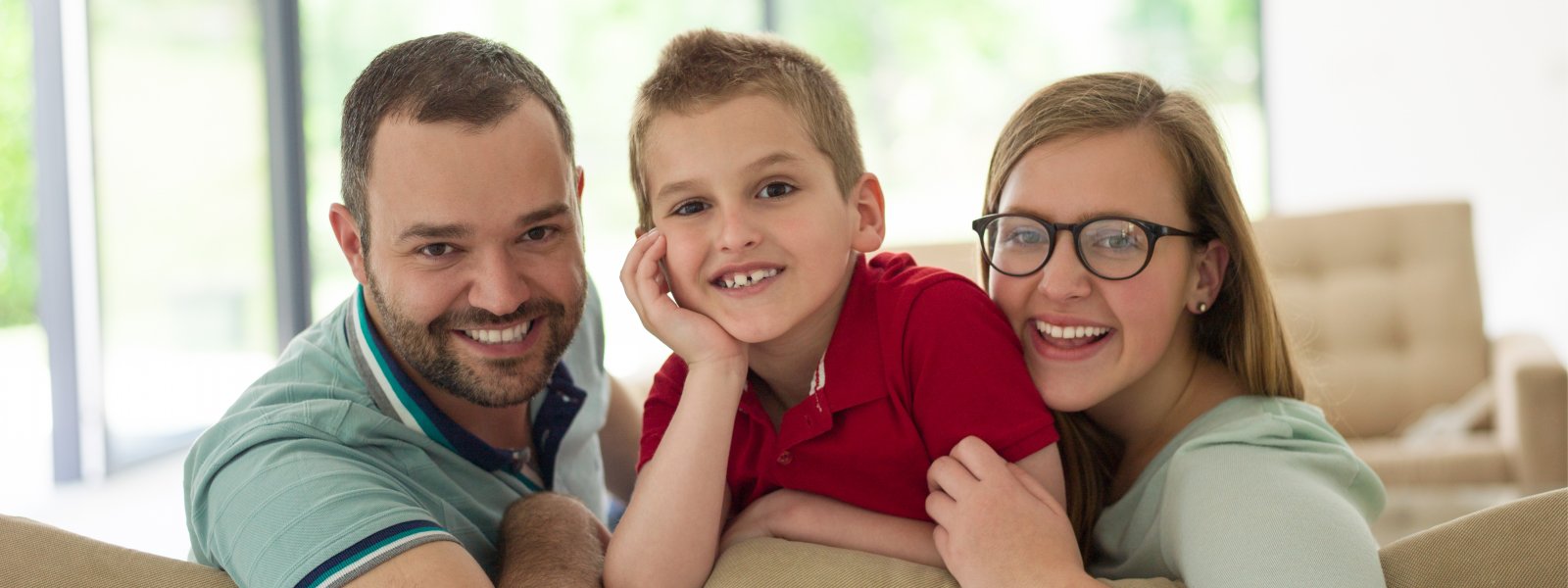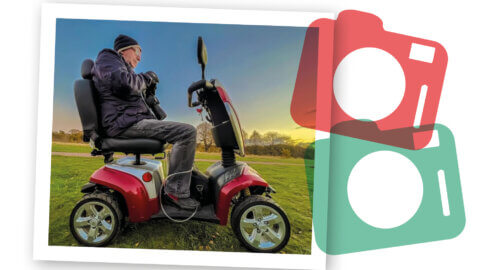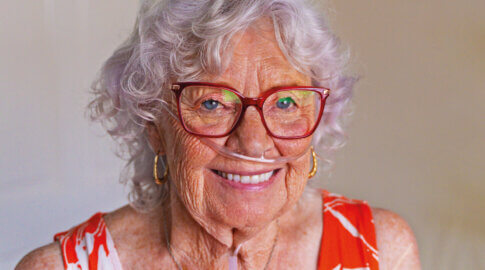Exploring adoption with PH
Over 3,000 children are adopted each year, although many more are eligible for adoption. In 2014 the government brought in reforms to the adoption system to try and improve the process and encourage more people to think about adoption.
Age, sexuality, marital status and ethnicity are no longer things that automatically rule couples or individuals out and there are numerous resources for those thinking about adoption.
Health is assessed during the process, but no one condition or disability automatically bars you from adopting. What the agencies involved want to know, is that prospective adoptive parents are physically fit enough to deal with the day to day activities involved in parenting and emotionally strong enough to manage the stress that can come with it.
Adoption is a big responsibility and can be a long journey, so it is worth exploring as much information about adopting as possible before you commit to the first stage. In the UK, adoption must be done through a registered adoption agency. There are a mix of local authority agencies and private agencies. There is no limit on how many you can contact and have discussions with, but when it comes to making a formal application, you will need to choose one agency only. So it’s really important to feel comfortable with the adoption agency you choose and confident that you will be able to work well with them.

The first stage of adoption
Once you have chosen an agency, the first stage is to complete initial checks and registration. These checks will include taking up references, a criminal background check (using the Disclosing and Barring Service) and a medical report. If you have a significant medical condition such as pulmonary hypertension, it is likely that you will need information from your specialist centre as well as a report from your GP.
After obtaining this first round of reports, the adoption agency decides whether they feel you are suitable to continue onto the next stage. This first stage should take around two months.
If you are turned down by an agency at this point, this doesn’t stop you applying through another agency. So, ask for feedback as to why they felt you were not suitable, see what the issues were for the agency and consider whether it’s worth appealing the decision or looking for another agency to work with.
The second stage of adoption
The second stage is a more detailed assessment and a review of what training may be helpful for prospective parents. It should last around four months. You will be expected to attend groups with other people hoping to adopt – it can be good to explore the benefits and challenges with those in similar positions. The assessment consists of a home study. This is where a social worker will make a series of visits to your home to get to know you and your family. They will also contact your wider family and friends to get a broader view of your life.
At the end of this assessment period, the social worker will collate all the available information and submit this to an independent adoption panel. The panel is made up of people who have adopted themselves and people who have expert experience of adoption. The panel will make a recommendation, either that you are suitable as an adoptive parent or that you are not suitable. The decision then returns to the adoption agency who have the final say as to whether to continue on to the third stage. The agency will almost always go with the panel’s decision. There is an independent appeals process if you disagree with the final decision.
The third stage of adoption
If you are approved as someone suitable to adopt, the third stage is to match you and your family with the right child or children. This can take a varying amount of time. Ideally, the agency would want to find a match for you in 6-12 months, but it could be longer. When a possible match is found, another independent panel reviews the information available about you as prospective adoptive parents and about the child and their needs. The panel considers the match and makes a recommendation as to whether it is suitable or not.
After the decision is made that the match is a suitable one, you then start to get to know the child through a series of managed introductory meetings. You will all need time to learn how to relate to each other.
The final stage of adoption
The fourth and final stage in the process is the child moving into your family home. The introductory meetings will have all been about leading up to this time- building relationships and knowledge of routines so that the move can be as seamless as possible. It is a challenging time and you will continue to have support from the social worker. It is strongly recommended that one parent takes at least six months off from their normal work or normal way of life to help establish a new way of family life. To support this, if you are employed you are entitled to statutory adoption leave and pay.
As family relationships begin to develop, your social worker will work with you to decide when the time is right to apply for an Adoption Order, to make the arrangement final and legal. The minimum time period needed before applying for an adoption order is ten weeks, but many families will wait for a longer period before applying. Once the Adoption Order is granted the child is legally adopted by you and you then have full parental rights.
Supportive resources
This may all seem overwhelming and complicated, but there are fantastic resources out there to help you navigate through the process. The government-sponsored site www.first4adoption.org.uk is an easy-to-use website with all the information you need about the adoption process.
Other useful websites are:
















